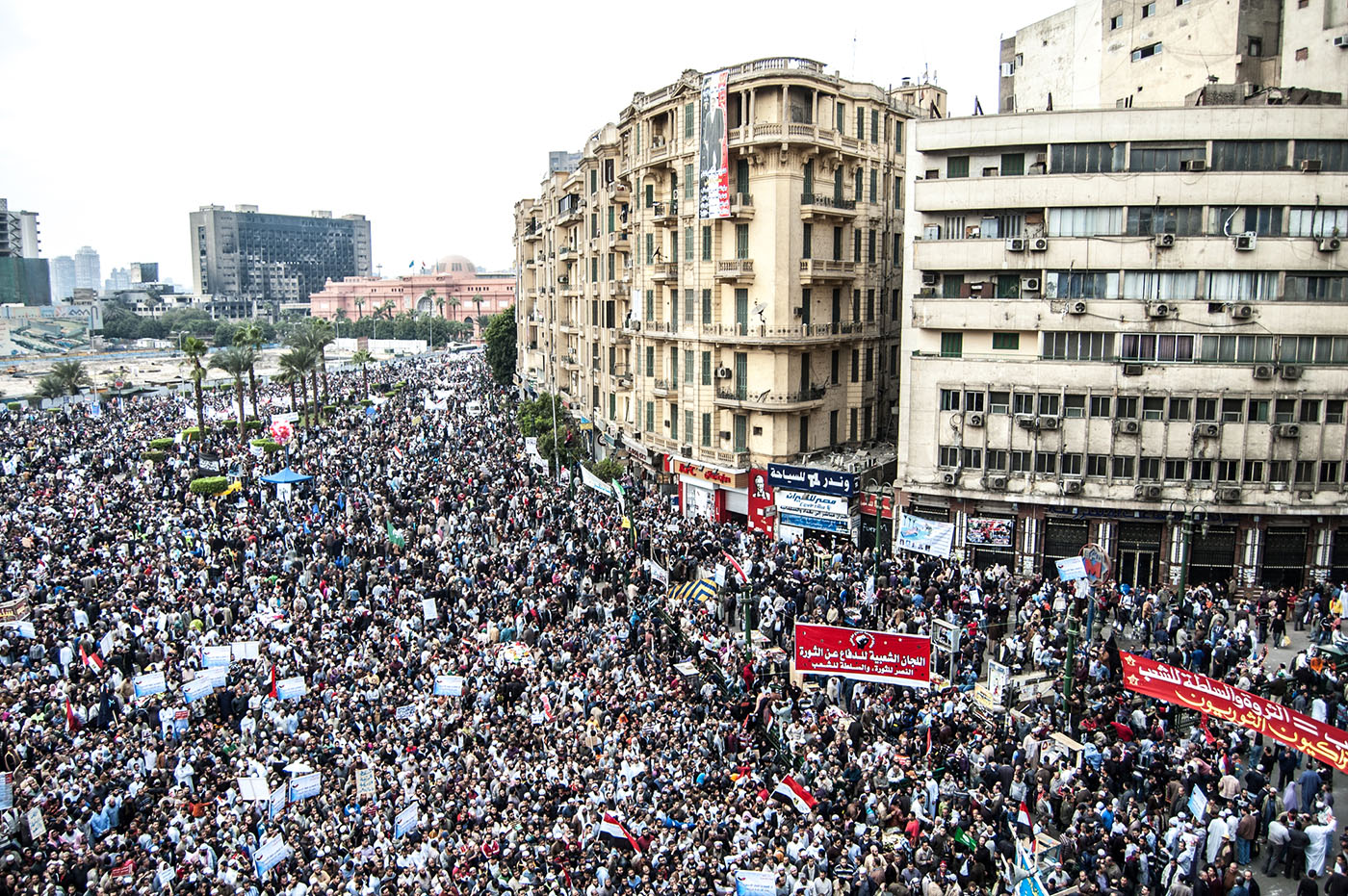From the failure of democracy in the Middle East and North Africa to Palestine-Israel, to a discussion of feminism and what white women and women of color need to talk about, and how free speech gets silenced where we need it most, TMR presents four books to challenge the world as you know it.
Rana Asfour
Burning it all down stems from a deep desire to eliminate obstacles hindering progress and to move past barriers that stunt growth. Ultimately, it is about removing anything that impedes our path to success. For some, the expression inspires a desire to escape from outdated traditions, while for others it means getting rid of biased and false information about a fundamental truth, thereby cleansing the deceptive narratives that distort reality. The crux of the matter is that destruction is necessary for a new beginning — the rise of the phoenix from the ashes into a cathartic state of inspiration and liberation, where in spite of ambiguity and hardship, rebuilding a future remains possible.
However, burning it all down is also just an expression, albeit one born out of a frustration with an existing system, and an uncontested acknowledgement that something is so wrong that an incremental change will do nothing to destabilize it. And just like a Lego structure, each individual piece must be taken apart before a new creation can be formed in its place.
These books challenge readers to consider the benefits of dismantling current systems and presenting a provocative and thought-provoking perspective on societal transformation, questioning authority and pushing boundaries. They confront uncomfortable truths and, while they can be at times controversial and divisive, these four books play a vital role in sparking dialogue, promoting critical thinking and ultimately, shaping the world in which we live.
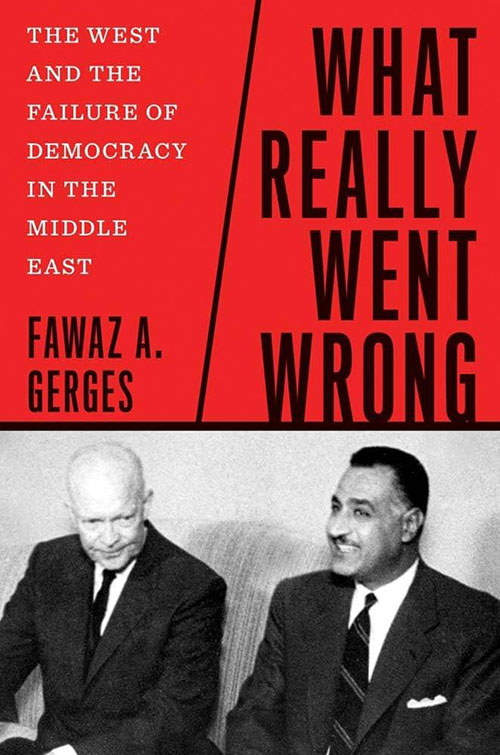
What Really Went Wrong: The West and the Failure of Democracy in the Middle East by Fawaz A. Gerges (Yale University Press, May 2024)
Fawaz Gerges is about to publish a provocative and revisionist history of the Middle East. What Really Went Wrong offers a fresh and incisive assessment of American foreign policy’s impact on the history and politics of the region. Looking at flashpoints in Iranian, Egyptian, Syrian, and Lebanese history, Gerges shows how postwar U.S. leaders made a devil’s pact with potentates, autocrats, and strongmen around the world. Washington sought to tame assertive nationalists and to protect repressive Middle Eastern regimes in return for compliance with American hegemonic designs and uninterrupted flows of cheap oil.
The book takes a counterfactual approach, asking readers to consider how the political trajectories of these countries and, by extension, the entire region may have differed had U.S. foreign policy privileged the nationalist aspirations of patriotic and independent Middle Eastern leaders and people. Gerges argues that rather than focusing on rolling back communism, extracting oil, and pursuing interventionist and imperial policies in Iran, Egypt, and beyond, postwar U.S. leaders should have allowed the Middle East greater autonomy in charting its own political and economic development. In so doing, the contemporary Middle East may have had better prospects for stability, prosperity, peace, and democracy.
On an activist level, the organization that is perhaps doing the most to address the iniquities about which Gerges writes, Democracy for the Arab World, DAWN MENA, is firmly implanted in Washington, DC, where as an NGO it devotes gargantuan efforts on Capitol Hill and throughout the US government as it lobbies to support democracy and human rights in the Middle East and North Africa.
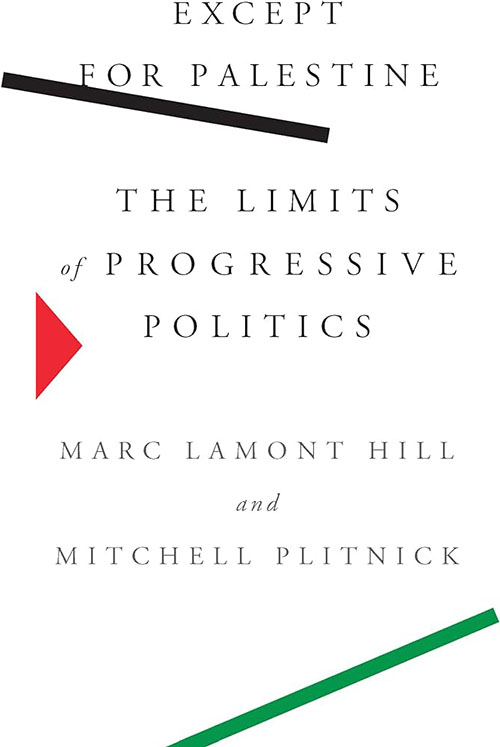
Except for Palestine: the limits of progressive politics by Marc Lamont Hill and Mitchell Plitnick (The New Press, 2022)
Although it’s been two years since its release (as the book was going to press Biden had just won the 2020 presidential election against Trump), this book by scholar and political commentator Marc Lamont Hill and Israel-Palestine expert Mitchell Plitnick has never been more timely or vital.
It argues the core point that progressives and liberals who oppose regressive policies on immigration, racial justice, gender equality, LGBTQ rights, and other issues must extend these core principles to the oppression of Palestinians. They also unravel the conflation of advocacy for Palestinian rights with anti-Semitism and hatred of Israel, while exploring the reasons for the silence when it comes to the unceasing violations of the rights of the Palestinian people.
The book, which dedicates an entire chapter to the “Crisis in Gaza,” ridicules the idea of America as “honest broker” in the Middle East and argues that although support for Palestinian rights is rising among self-identified Democrats in the United States, especially younger ones, the party continues to cling to its traditional positions.
In their conclusion the authors write: “We have seen how much influence the United States can wield in creating injustice. Now is the time to see how much power we have to dismantle it.”
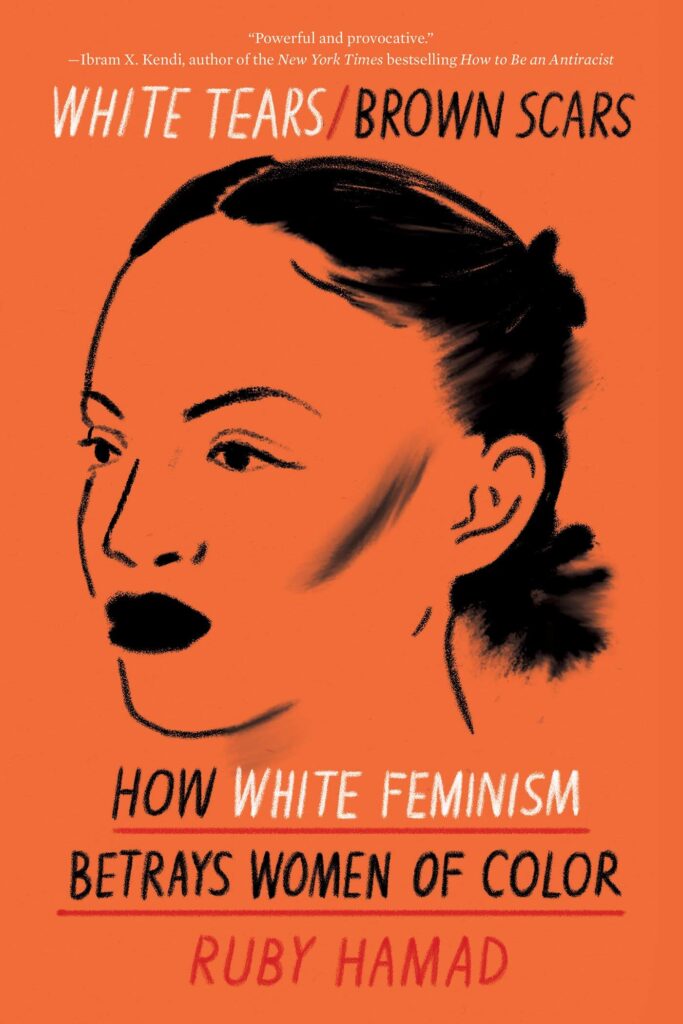
White Tears/Brown Scars: how white feminism betrays women of color by Ruby Hamad (Catapult, 2020)
The book, reviewed in TMR, and written by Ruby Hamad, an Australian journalist, author and academic, who was thrust into the limelight after her 2018 article in The Guardian Australia, “How White Women Use Strategic Tears to Silence Women of Color,” sparked a global discourse on white feminism and racism.
What the basic premise of Hamad’s “blueprint” suggests is that whenever white fragility is challenged, whites react with defensiveness. As such, Hamad explains that when she, a woman of color, called out white women’s tears as neither innocent nor genuine, but rather “weapons” they deployed in a bid to silence the opposition and maintain white supremacy’s status quo, the white women were quick to fight back by leaning into their racial privilege, accusing her of aggressive behavior engineered to “break up the sisterhood.” Hamad writes: “When white women cry, it also makes them able to leave the conversation and choose not to listen.”
Through her powerful voice and lived experience, Hamad’s book highlights the importance of centering the perspectives of marginalized individuals in feminist discourse and activism. It serves as an important reminder that feminism must be inclusive and intersectional in order to truly challenge and dismantle systems of oppression.
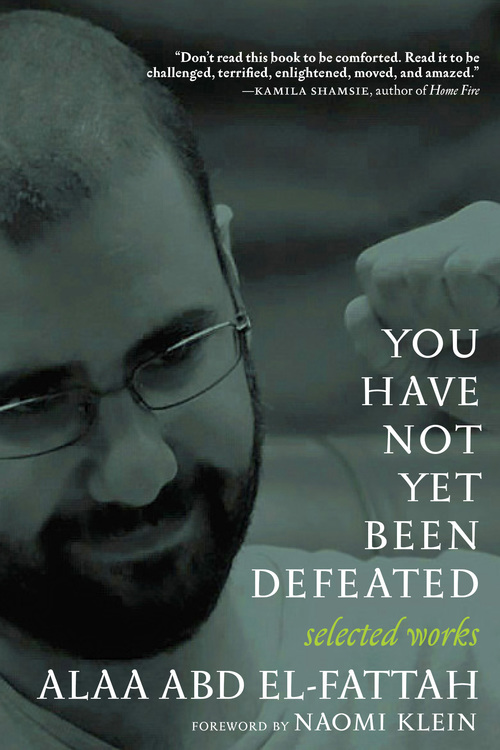
You Have Not Yet Been Defeated: selected works by Alaa Abdel Fattah, translated by a collective, foreword by Naomi Klein (Seven Stories Press).
Alaa is in prison not because of any crime. He is in prison because the Egyptian State is threatened by his very existence.
Abdel Fattah is arguably the most high-profile political prisoner in Egypt, if not the Arab world, rising to international prominence during the revolution of 2011. He is a programmer and public intellectual known for his exceptional bravery in sharing personal truths and advocating for online platforms that provided young Egyptians with a digital refuge from the oppressive political and social conditions in their country. His honesty has proved a valuable and rare attribute in the world of public discourse.
Part memoir, part manifesto, You Have Not Yet Been Defeated (reviewed in TMR) is a selection of his essays, social media posts and interviews from 2011 to 2022, the majority of which were written in Tora prison where he languishes to this day (in fact he has been imprisoned by every ruling regime that he has lived through during his lifetime), appearing for the first time in English translation undertaken by an anonymous collective of supporters.
His father, the human rights lawyer Ahmed Seif el-Islam, was also imprisoned and tortured under Anwar Sadat and Mubarak. “From my father, I inherited a prison cell and a dream,” Abdel Fattah writes.
In the introduction, the editors explain:
Alaa is a writer able to talk about both the grand sweep of history and minor bureaucratic procedures, as coherent in the middle of an angry crowd or giving condolences in a martyrs’ house or on stage at a tech conference in California; a voice that speaks not only as ‘Alaa’—an individual endlessly persecuted —but as an agent of historical change, that speaks knowing that it will pay the price, yet must speak. He exists as multiple things at once, as an anti-capitalist considering how to bring the bourgeoisie into the balance of powers against a military authority; as a captive of a deaf, dysfunctional state, advising that state on how better to govern; as a prisoner, who is always trying to look beyond the warden.
In a penetrating foreword, Naomi Klein argues that the book “must be read for the precision of its language, for its bold experimentations with form and style, and for the endlessly original ways it author finds to express disdain for tyrants … Most of all, it must be read for what Alaa has to tell us about revolutions.”



